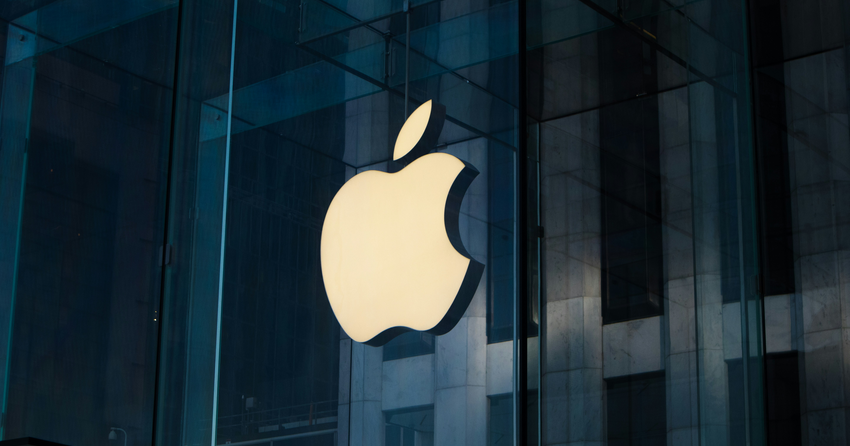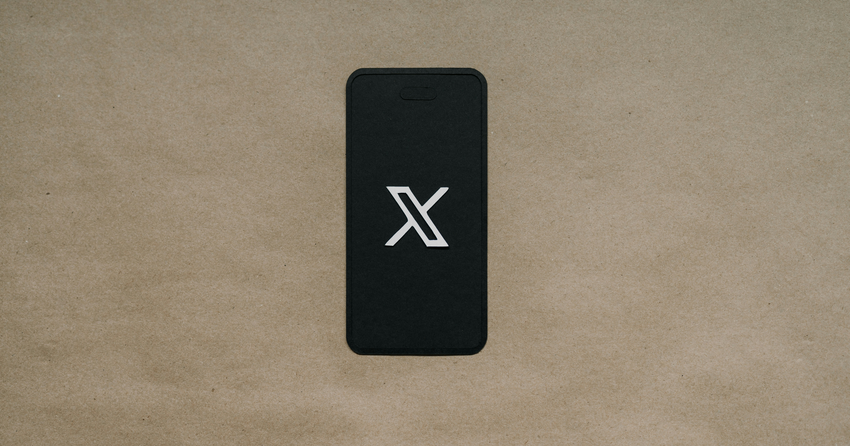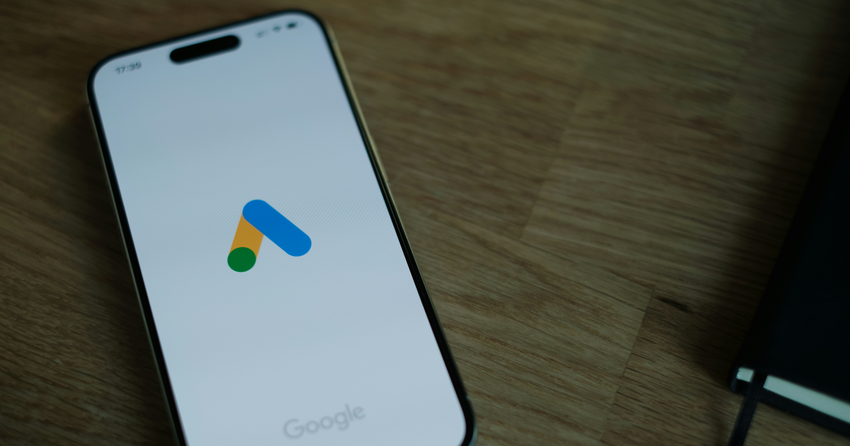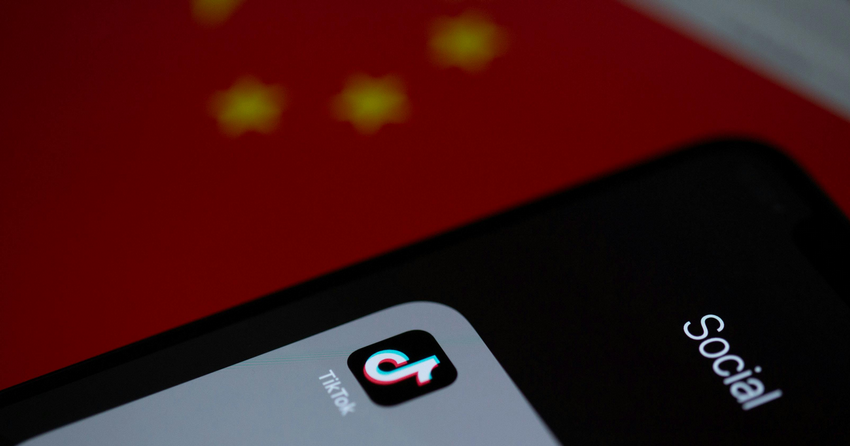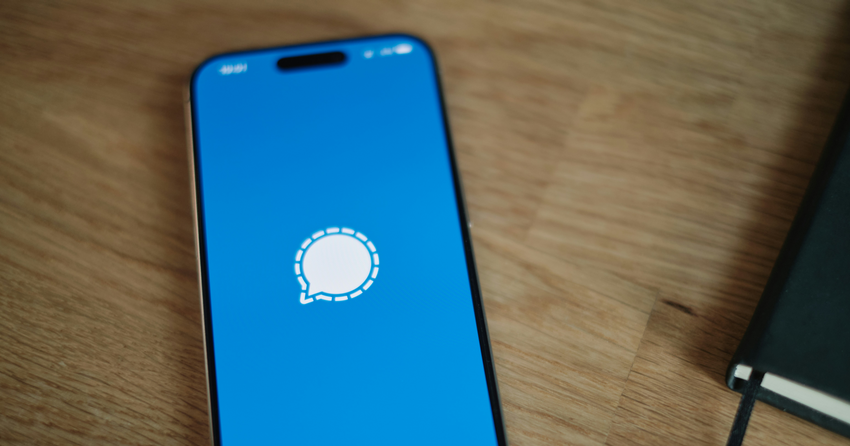
Microsoft’s ChatGPT-Like Copilot App Now Available for iOS
Days after releasing a Copilot app for Android, Microsoft has rolled out Copilot on iOS and iPadOS. It’s now available to download for free from the Apple App Store.
Microsoft Copilot, formerly known as Bing Chat, mimics ChatGPT’s mobile app functionalities with some advancements. It lets users ask questions, generate and summarize text, draft emails, translate and proofread, and create images thanks to its built-in AI-powered text-to-image generator DALL•E3.
The Copilot app will allow users to access OpenAI’s latest large language model (LLM) GPT-4 without paying for a subscription. As a reference, the free ChatGPT version runs on GPT-3.5.
Unlike Bing, which focuses on enhancing the search experience with AI, Microsoft Copilot boasts an advanced AI chat experience that users can activate by writing, speaking, or providing image prompts, enhancing workflows, and boosting productivity.
Some text-to-image use cases that DALL•E3 can accomplish include creating content for social media, developing logos and brand motifs, creating book illustrations, and more.
Microsoft’s new app also offers plugin support, including for third-party plugins. Users don’t need an account to use the app, but those who sign in with a Microsoft account can ask more questions and generate longer conversations.
Microsoft already has the Bing: Chat with AI & GPT-4 app for Android and iPhone users. This app combines an AI-powered search engine with GPT-4 writing capabilities. Launching another AI-based app could mean that Microsoft wants to strengthen the Copilot branding and separate it from its Bing roots.
So far, the tech giant has launched Copilot for Microsoft Dynamics 365 and Microsoft 365, Copilot for Windows, Copilot for Azure, and GitHub Copilot. Even the Bing Chat site was recently rebranded to Copilot.
As OpenAI’s biggest investor, Microsoft has implemented the startup’s AI-powered GPT technology across multiple products. However, the recent firing and reinstatement of OpenAI’s CEO Sam Altman suggests that its top executives may be looking for other avenues for its AI strategy.





